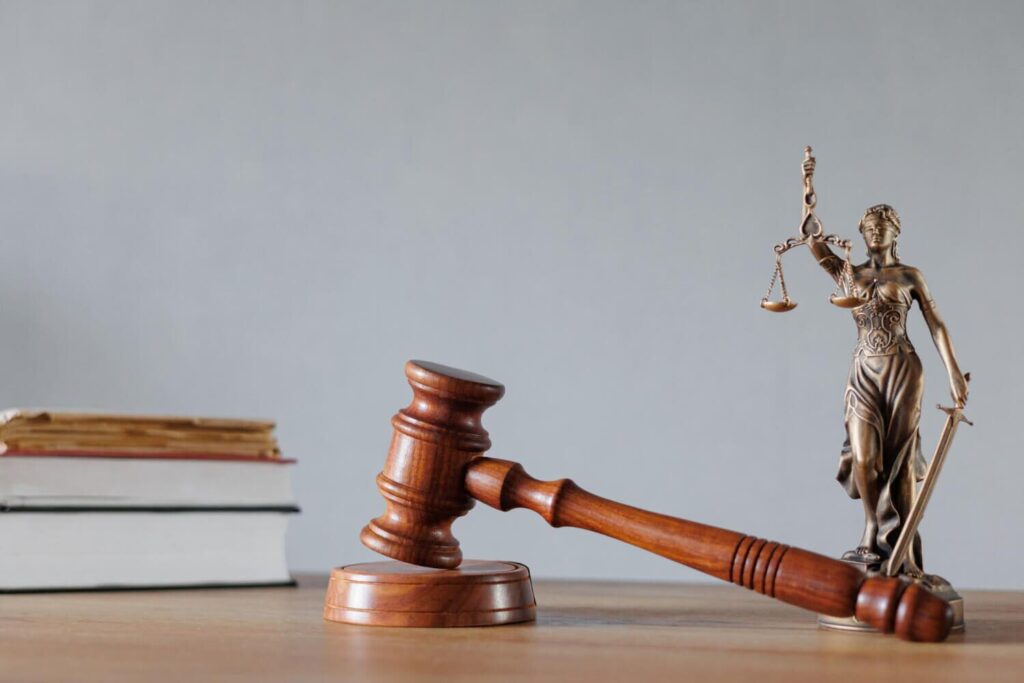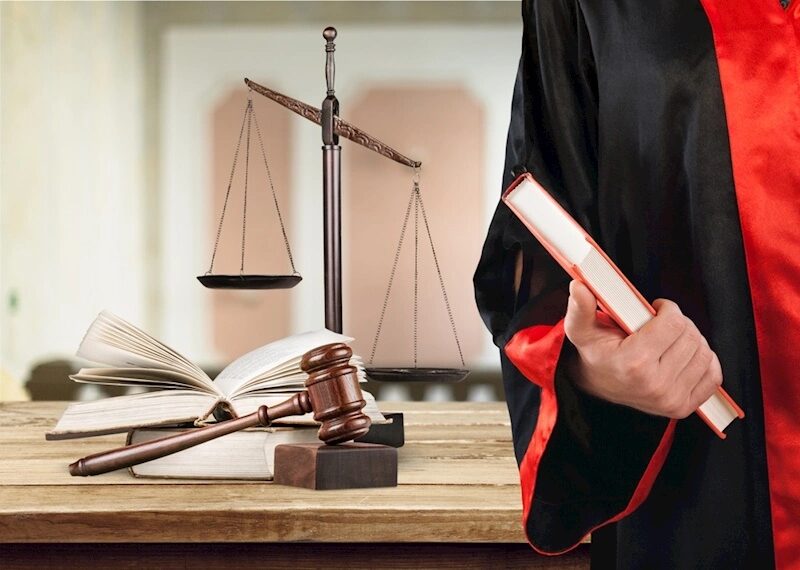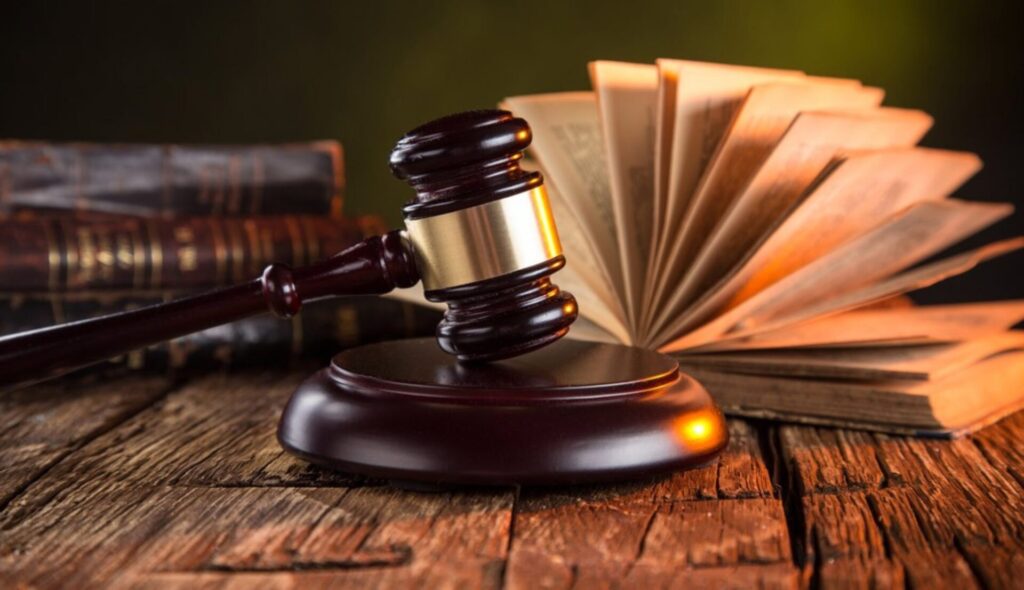In the United States, fundamental rights form the cornerstone of democracy and individual liberty. Understanding these rights is essential for every American citizen to participate fully in society and safeguard their freedoms. In this article, we’ll explore the key fundamental rights guaranteed by the U.S. Constitution and their significance in shaping American society.

The Bill of Rights: Protecting Individual Liberties
The first ten amendments to the U.S. Constitution, collectively known as the Bill of Rights, enumerate fundamental rights and protections for American citizens. These rights include:
- Freedom of Speech, Press, Religion, and Assembly: The First Amendment guarantees the right to free speech, freedom of the press, the right to practice any religion, and the right to peacefully assemble. These freedoms allow individuals to express themselves, criticize the government, and participate in civic life without fear of censorship or persecution.
- Right to Bear Arms: The Second Amendment protects the right of individuals to keep and bear arms, subject to reasonable regulation by the government. This right is often debated in the context of gun control laws and public safety.
- Protection Against Unreasonable Searches and Seizures: The Fourth Amendment prohibits unreasonable searches and seizures by the government and requires warrants issued upon probable cause. This safeguard protects individuals’ privacy and prevents arbitrary intrusion by law enforcement.
- Right to Due Process and Fair Trial: The Fifth Amendment guarantees the right to due process of law, including protection against self-incrimination and double jeopardy. It also ensures that individuals cannot be deprived of life, liberty, or property without due process of law.
- Right to a Speedy and Public Trial: The Sixth Amendment guarantees the right to a speedy and public trial by an impartial jury, as well as the right to legal counsel and to confront witnesses.
- Protection Against Cruel and Unusual Punishment: The Eighth Amendment prohibits cruel and unusual punishment and excessive bail or fines, ensuring that punishments are proportionate to the crime and respect human dignity.

Civil Rights and Equal Protection
In addition to the rights enshrined in the Bill of Rights, American citizens are also protected by civil rights laws that guarantee equal treatment and opportunity under the law. These laws include:
- Civil Rights Act of 1964: This landmark legislation prohibits discrimination on the basis of race, color, religion, sex, or national origin in employment, education, and public accommodations.
- Voting Rights Act of 1965: The Voting Rights Act protects the right to vote and prohibits racial discrimination in voting practices, ensuring equal access to the electoral process for all citizens.
- Americans with Disabilities Act (ADA): The ADA prohibits discrimination against individuals with disabilities in employment, public accommodations, transportation, and telecommunications, promoting accessibility and inclusion.

The Role of Vigilance and Civic Engagement
While these fundamental rights provide essential protections for American citizens, they must be upheld and defended through vigilance and civic engagement. It is incumbent upon every individual to know their rights, advocate for justice, and hold elected officials and institutions accountable for upholding the principles of democracy and equality.
By understanding and asserting their fundamental rights, Americans can actively participate in shaping a more just, equitable, and democratic society for themselves and future generations.

